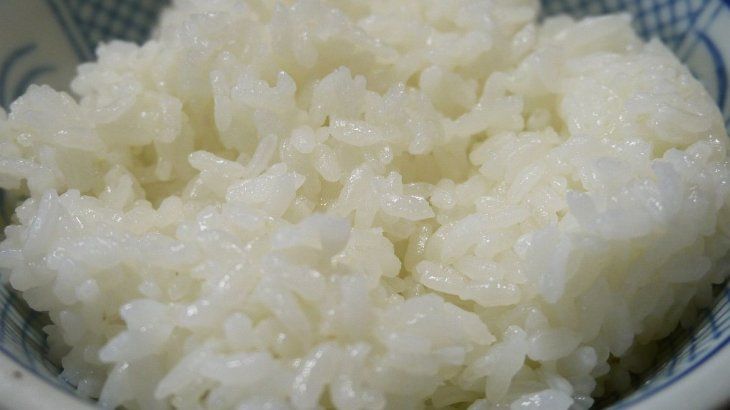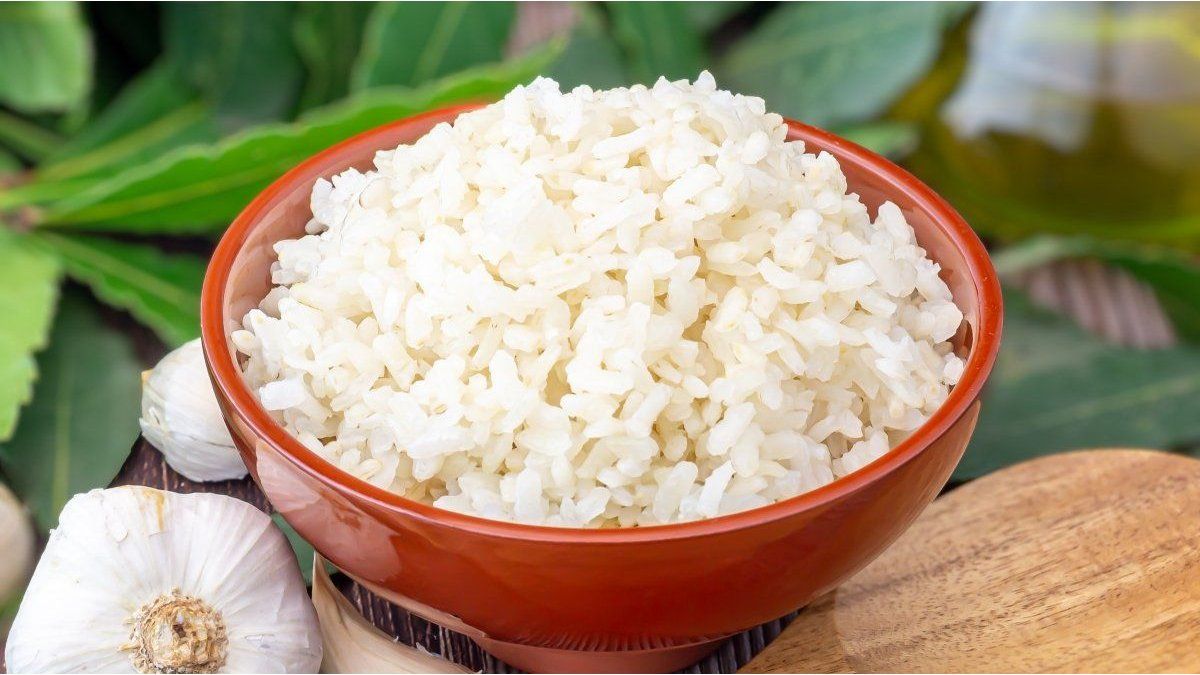The specialists explained the importance of washing this food before consuming it.
Rice is a basic food in many cultures and a fundamental ingredient in the kitchen. However, one of the most recurring questions when cooking it is whether it should be washed or not. It is for that reason, that experts resolved this doubt, with a scientific explanation clear and accessible.
The content you want to access is exclusive to subscribers.
The Food Engineer Mariana Zapién, assured through her Instagram account that yes, Washing rice can bring benefits, and not just hygiene. In the video he published in his account, he explains that this action It helps eliminate dust, some starch and heavy metals such as arsenicwhich is an element that rice can accumulate during cultivation in flooded fields.


“If you want a more loose and clean rice, yes, wash it. But if you prefer that it is more sticky, it is not necessary,” Zapién said and stressed that there is no single valid response, and that the decision depends on the culinary result that each person wants: “It will not happen to you absolutely nothing. It is a matter of preference.”
rice

The rice has an estimate of 131 micrograms of arsenic per kg of product
Pixabay
Arsenic in rice: how much is there and how to reduce it
“Due to cultivation conditions, the grain can absorb and accumulate part of this metal,” Zapién explained. Although the arsenic is naturally present in the soil and water, it can also reach by Human activitysuch as mining or the use of pesticides.
However, the specialist contributed an important fact about the risk of this element: the average arsenic concentration in the rice is about 93 parts per billion, which means that A person would have to consume more than half a kilo of rice up to date for more than four years to suffer adverse health effects. He also stressed that Washing between three and five times can reduce the amount of arsenic to 30%and that combining this with cooking in abundant water could lead to that reduction to 40-45%.
Scientific studies around the subject
The results of a scientific study called “Arsenic Bioaccessibility in Rice”, prepared by a team of researchers led by Di Zhao, of College of Resources and Environmental Sciences of the Agricultural Nanjing University University (China), coincided with the data provided by Zapién.
On the other hand, International Journal of Environmental Research and Public Health published in 2022 a work, led by Syfullah Shahriar, of the Global Center for Environmental Remediation of the University of Newcastle (Australia), which also supports these practices.
These studies highlight that the amount of arsenic can vary according to the amount of rice, the country of origin and the cultivation conditions, and agree that the values are below the thresholds considered dangerous by international organizations.
Source: Ambito
I am an author and journalist who has worked in the entertainment industry for over a decade. I currently work as a news editor at a major news website, and my focus is on covering the latest trends in entertainment. I also write occasional pieces for other outlets, and have authored two books about the entertainment industry.




